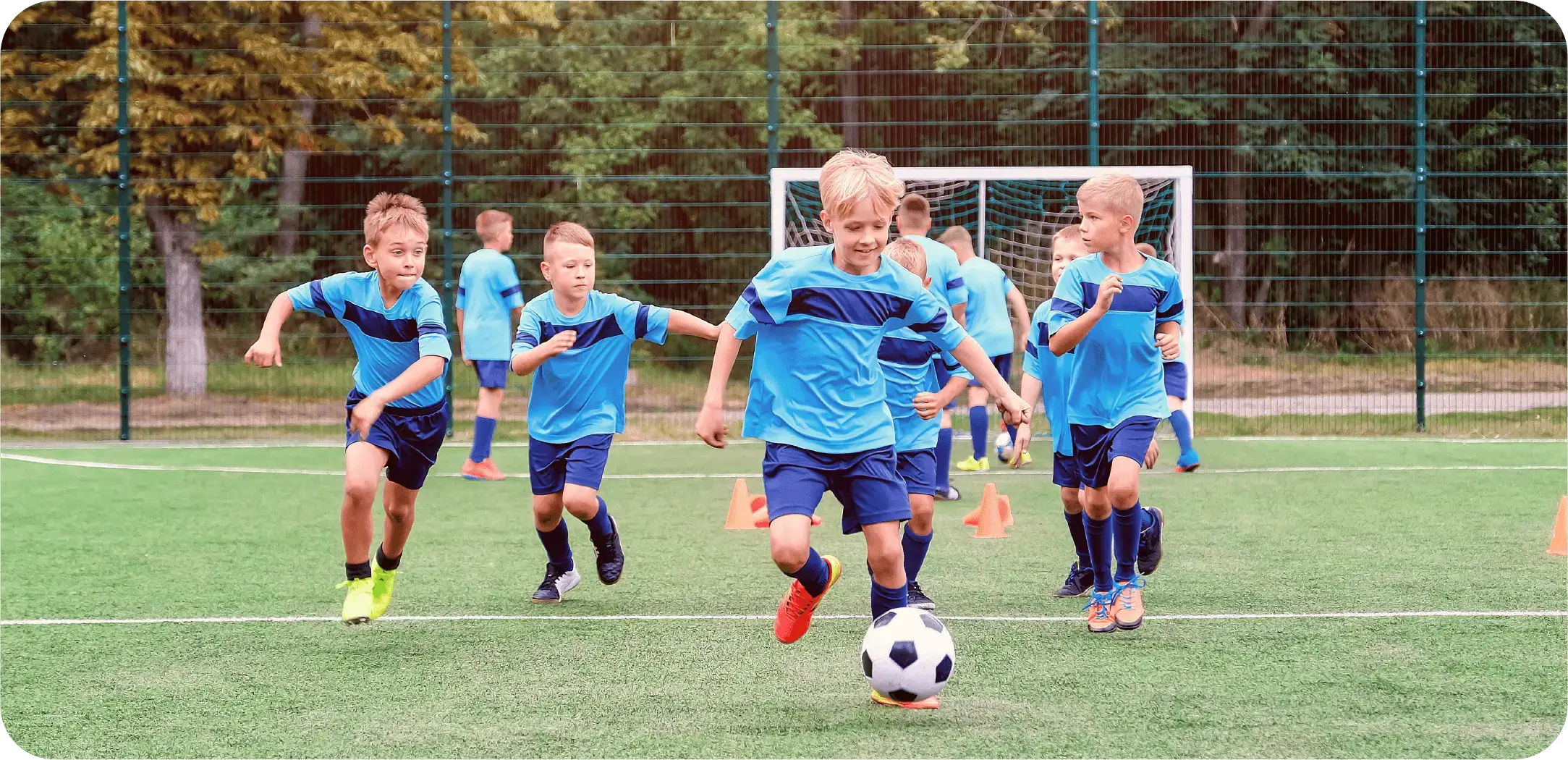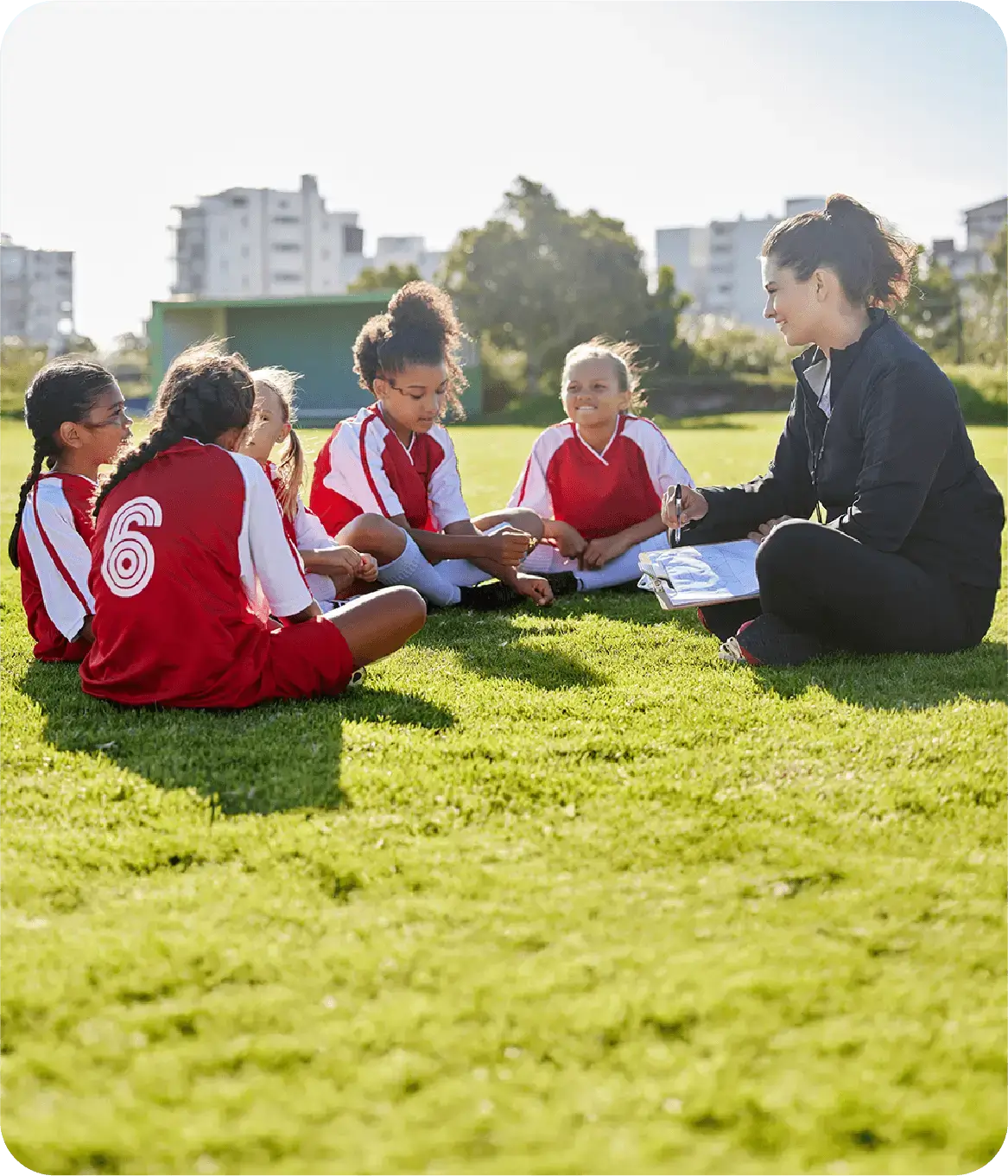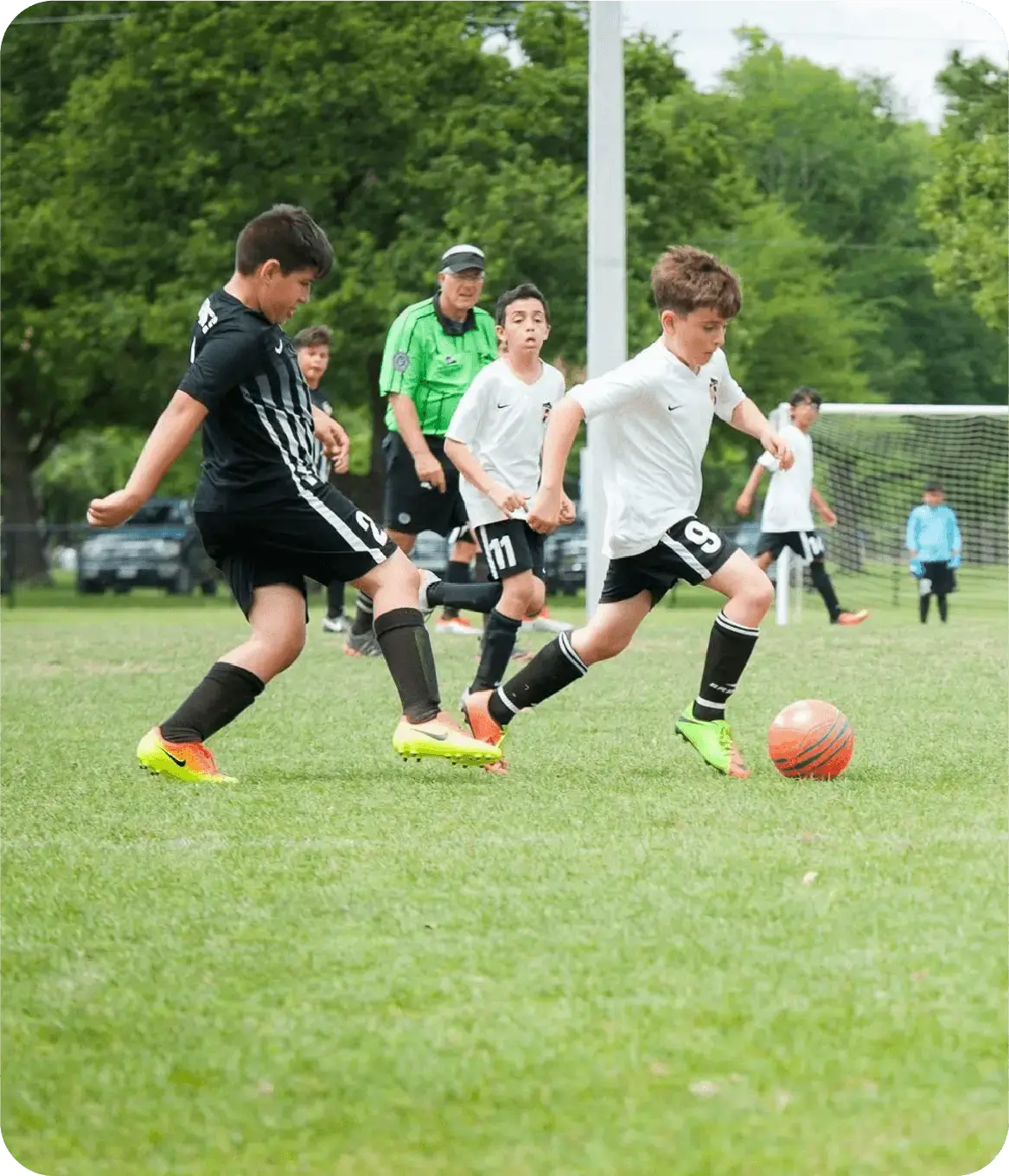The Power of Teamwork in Youth Soccer: Why Working Together Makes All the Difference

CRFC
NEWSLETTERS
NEWSLETTERS FOR OUR LATEST EVENTS
In soccer, it’s more than individual skills. It’s about how well you can work as a team. Teamwork is one of the most important factors in soccer, especially for youth players. Whether you’re playing in small-sided games or a big competition, knowing how to communicate, support your teammates, and move together can lead to success.

Why Teamwork is Crucial in Soccer
Soccer is a team sport, and no player can succeed alone. Each player has a unique role: scoring goals, defending, or controlling the ball. But no matter your position, you need your teammates to work with you. Good teamwork helps create better chances, defend effectively, and make the game fun for everyone.
When players work together, they build trust and create opportunities that wouldn’t be possible if everyone tried to do everything themselves. Teamwork also helps reduce mistakes and makes players feel more supported, especially when things aren’t going well.
The Role of Communication in Teamwork
One of the key elements of teamwork is communication. Soccer players must be able to talk to each other during the game. This means calling for the ball, giving instructions, and encouraging teammates. Good communication keeps everyone on the same page and ensures everyone knows what’s happening on the field. When communication is clear, the whole team moves as one unit, making working together easier and reaching common goals.


Trust: The Foundation of a Strong Team
Trust is what makes a soccer team truly strong. When players trust each other, they feel more confident to take risks, pass the ball, and try new strategies. It’s important to believe in your teammates’ abilities and know they’ll do their best. Trust also helps reduce the pressure and stress of the game, as players can rely on one another. Building trust takes time, but it’s worth it. Teams that trust each other play with more freedom and creativity, which can lead to more exciting and successful games.
Supporting Your Teammates
In soccer, things don’t always go as planned. You might miss a goal, make a mistake, or face tough challenges. That’s where supporting your teammates comes in. Encouraging, celebrating small wins, and lifting each other after mistakes are all parts of great teamwork. When players feel supported, they try again, improve, and stay positive. It also creates a fun atmosphere, especially for youth players. Soccer should be enjoyable, and a supportive team environment makes the game more exciting and rewarding.


Practicing Teamwork Through Drills
You can improve your teamwork by practicing together. Here are a few drills that can help:
Passing Drills
Work with a teammate to practice passing the ball accurately and quickly. This helps you get comfortable with working together during the game.
Small-Sided Games
Playing small-sided games (e.g., 3v3 or 4v4) can help players focus on communication, positioning, and teamwork in a less crowded setting.
Relay Races
These team-building exercises improve communication and speed while also teaching players to rely on one another.

Conclusion
In youth soccer, teamwork is the key to success. By working together, communicating well, building trust, and supporting each other, teams can achieve more than any individual could on their own. The stronger the teamwork, the stronger the team!

